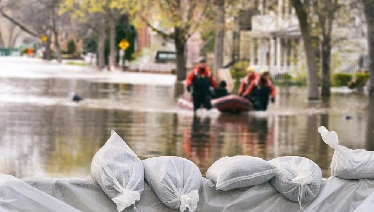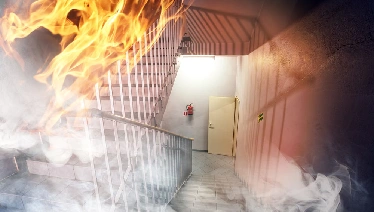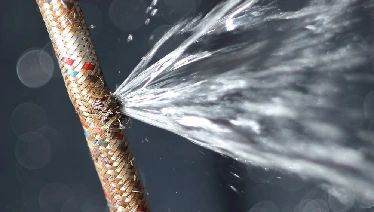Water damage is an increasing challenge in Asheville, North Carolina for both residents and business owners. A key cause is heavy rainfall in this mountain town which leaves it susceptible to sudden floods and water damage issues.
Properties in Asheville, North Carolina can become vulnerable to water damage caused by plumbing issues like bursts or leaking pipes caused by its aging infrastructure. Whatever the cause of water damage, it must be addressed as quickly as possible. In this article, we’ll explain the basics of water damage restoration and talk about some of the benefits of hiring restoration professionals.

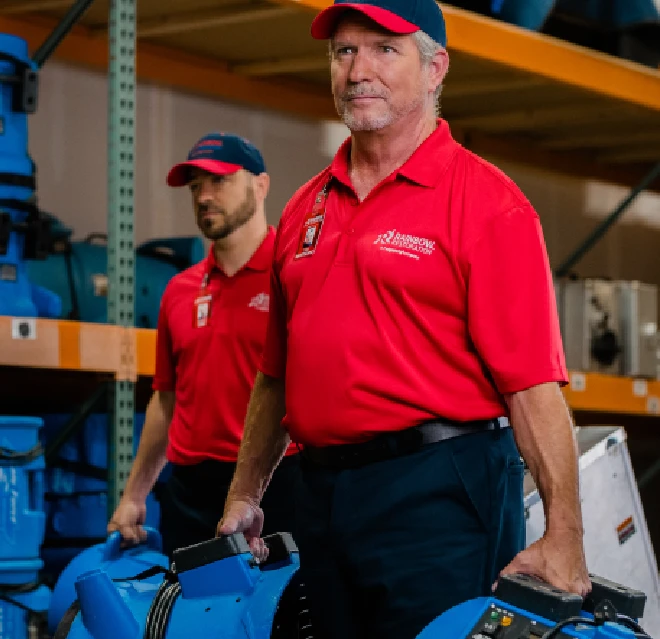
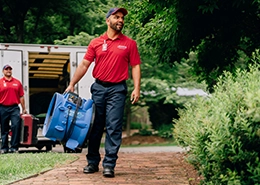
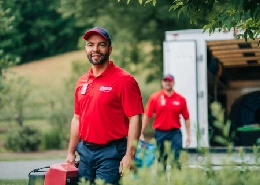
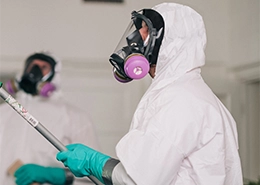

.webp)
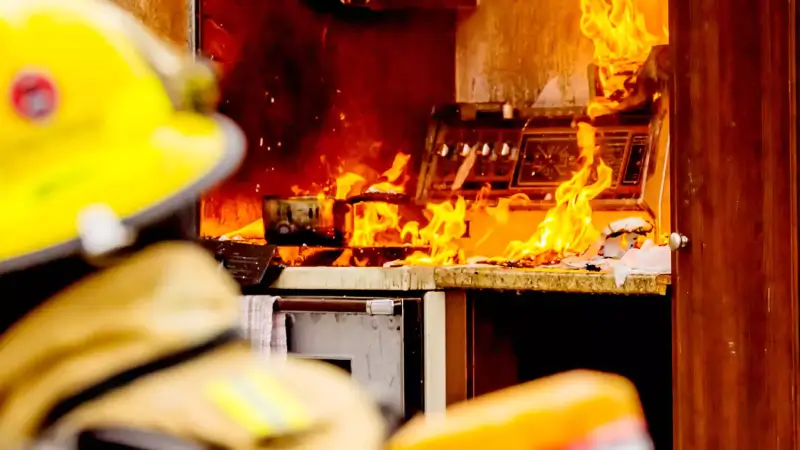
.webp)
